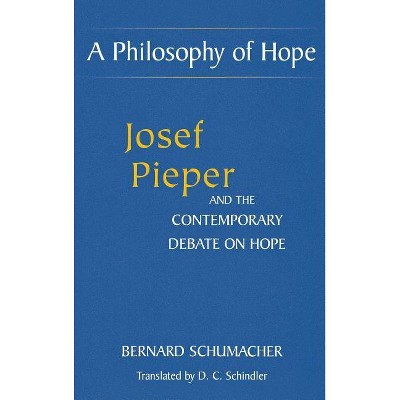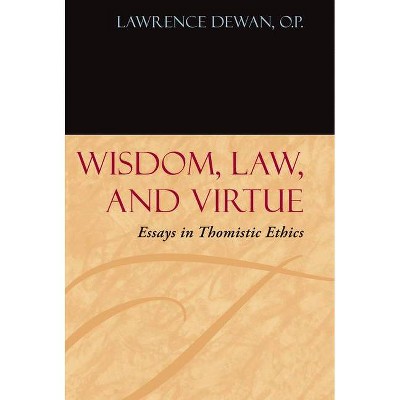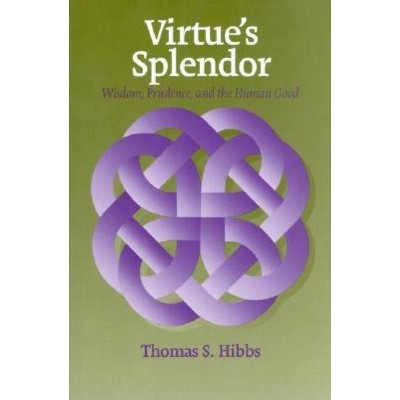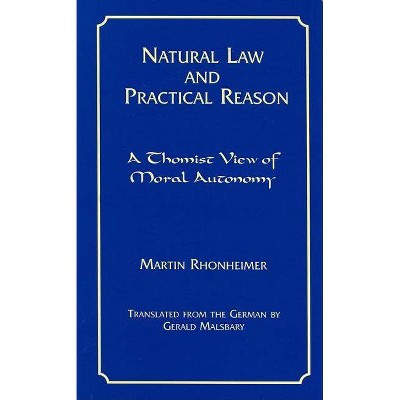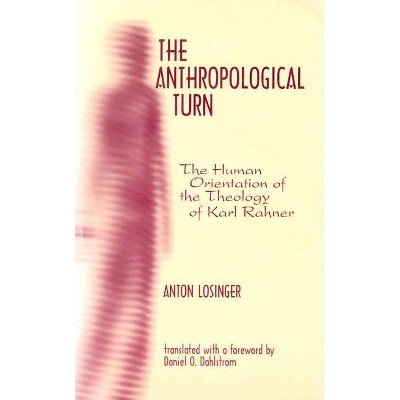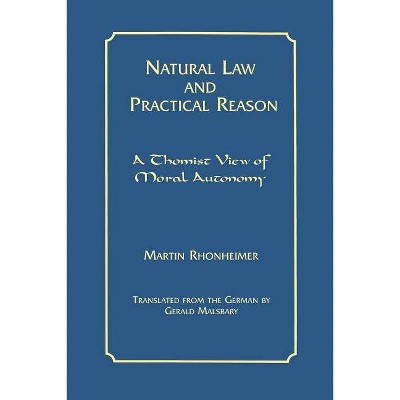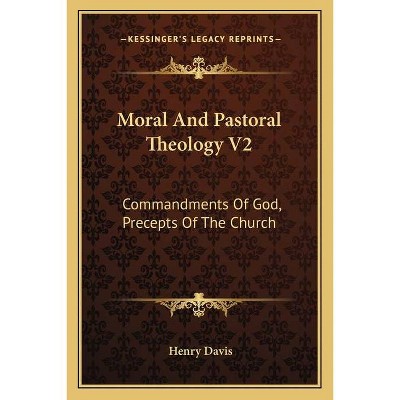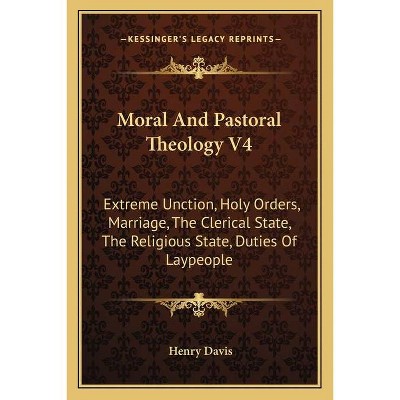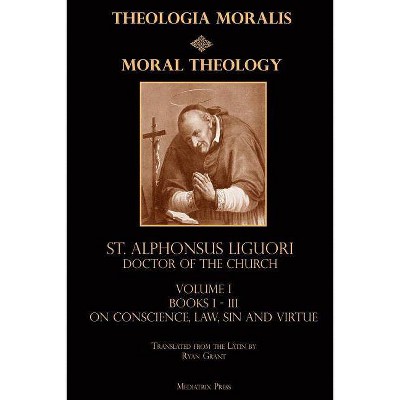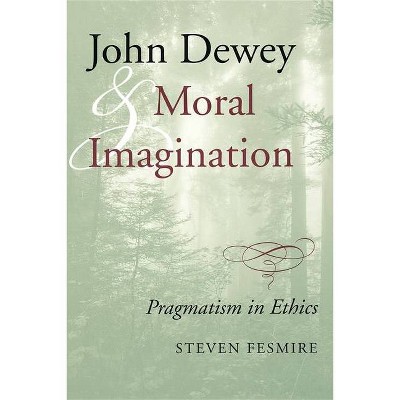Natura Pura - (Moral Philosophy and Moral Theology) by Steven A Long (Hardcover)

Similar Products
Products of same category from the store
AllProduct info
<p/><br></br><p><b> Book Synopsis </b></p></br></br>From speculative theology to the exegesis of Aquinas, to contemporary North American philosophy and Catholic social and ethical thought, to the thought of Benedict XVI, this work argues the crucial importance of the proportionate natural end within the context of grace and supernatural beatitude. Long argues that, in the effort to avoid naturalism, Henri de Lubac unwittingly consummated the loss of nature as a normative principle within theology, both doctrinally and exegetically with respect to the teaching of Aquinas. The author argues that this constitutes an understandable but grave error. De Lubac's view of the matter was adopted and extended by Hans Urs von Balthasar in The Theology of Karl Barth, in which Balthasar argues that Aquinas could not even consider pure nature because it was "impossible for him even to make the conceptual distinction implied by this problem," a view contradicted by Aquinas's text. Long argues that in The Theology of Karl Barth, Balthasar's account evacuates nature of its specific ontological density and treats it as "mere createdness as such," a kind of dimensionless point terminating the line of grace. Given the loss of natura within theological method, its recovery requires philosophic instrumentalities. In its third chapter this book argues that by reason of its lack of any unified philosophy of nature or metaphysics, the analytic thought so widespread in Anglophone circles is merely a partial metaphilosophy and so cannot replace the role of classical Thomism within theology. The fourth chapter argues against those who construe affirmation of a proportionate natural end as equivalent to social Pelagianism or minimalism in the public square, engaging the work of Jacques Maritain, Jean Porter, and David Schindler, Sr. In an appendix, the author examines the early thought of Cardinal Ratzinger / Pope Benedict XVI, and its development toward the Regensburg Lecture.<p/><br></br><p><b> Review Quotes </b></p></br></br><br><p>An argument engaging some of the most interesting interlocutors of both<br>the tradition and the modern academy.</p><b>-----John F. Boyle, <i>University of St. Thomas</i></b><br><br>In these essays Steven Long always finds what is profound, elegant, and most of all what is surprising in St. Thomas doctrine on nature and grace.<b>-----Russell Hittinger, <i>Pontifical Academy of Social Science</i></b><br><br>Long makes a significant contribution to contemporary Thomist scholarship by examining closely Aquinas' account of the relation between nature and grace. . . Recommended.-- "--Choice"<br><br>Marks the beginning of a new era in Thomistic studies.<b>-----Ralph McInerny, <i>University of Notre Dame</i></b><br><br>No one is more insightfully aware of the issues that arise where philosophy and theology interact than Steven Long. No set of such issues is more important than those concerning the natural end of human beings and our knowledge of that end. Long has written the book that we most need.<b>-----Alasdair MacIntyre, <i>University of Notre Dame</i></b><br><p/><br></br><p><b> About the Author </b></p></br></br><br><strong>STEVEN A. LONG</strong> is a Professor of Theology at Ave Maria University. He is the author The Teleological Grammar of the Moral Act.<br>
Price History
Cheapest price in the interval: 68.99 on October 27, 2021
Most expensive price in the interval: 68.99 on December 20, 2021
Price Archive shows prices from various stores, lets you see history and find the cheapest. There is no actual sale on the website. For all support, inquiry and suggestion messages communication@pricearchive.us
